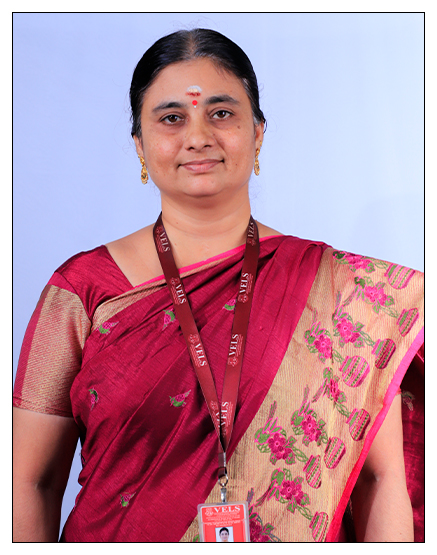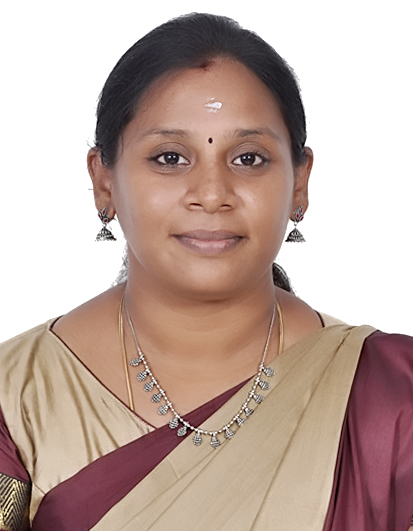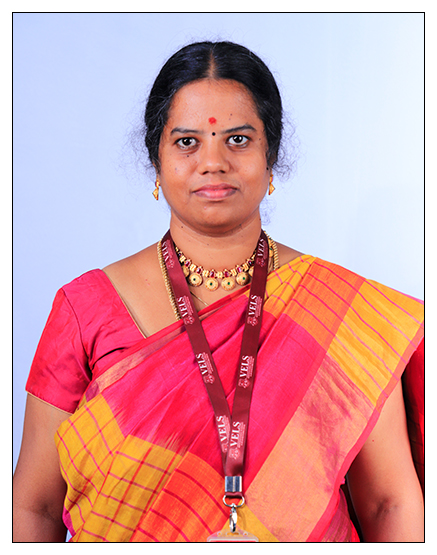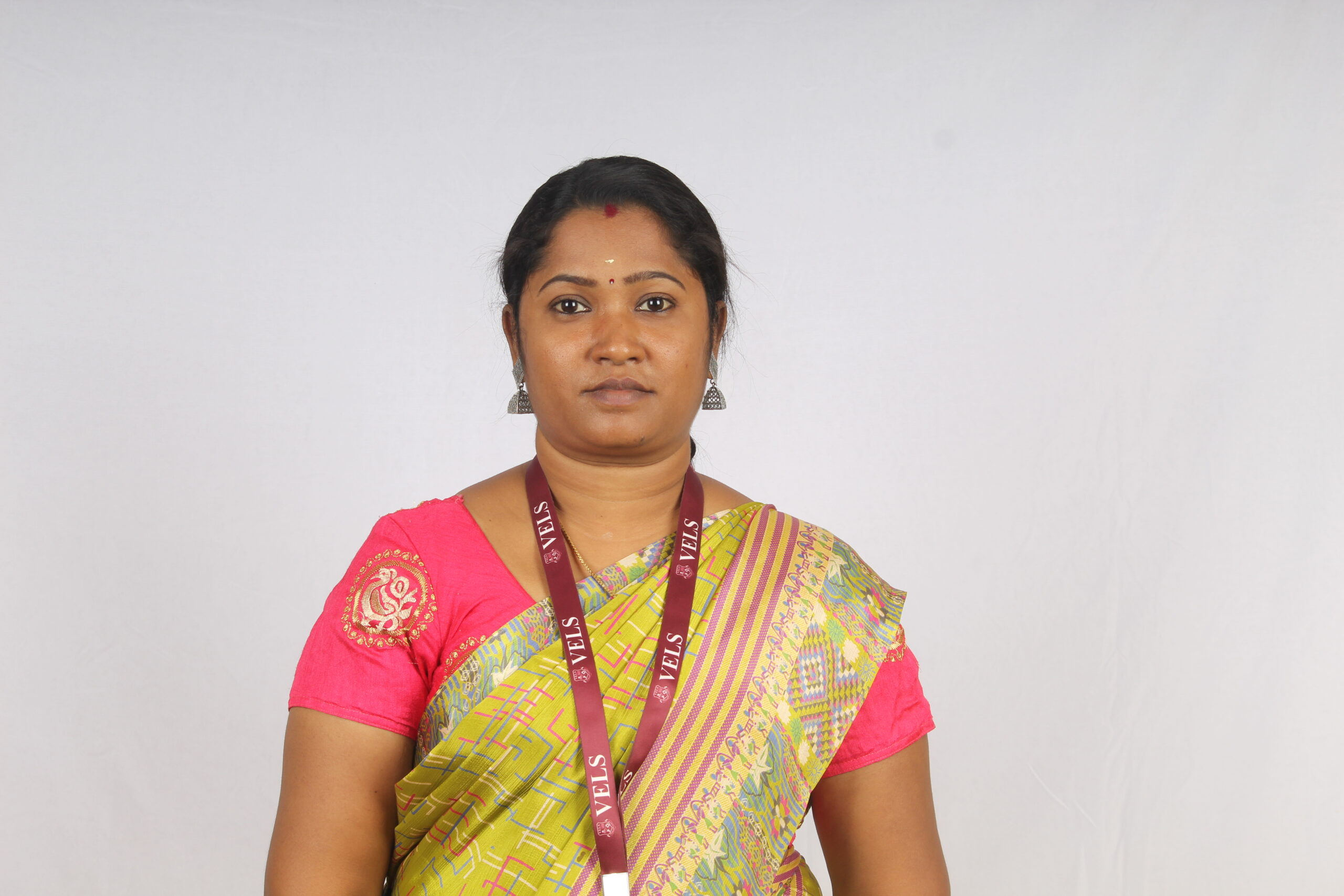Vision
The Vision of Department of Bioinformatics is to provide the best education and training for students to prepare them for professional research careers in biological sciences as well as software industry. The Department plans to produce eminent scientists in the field of Bioinformatics.
Mission
To facilitate, conduct and organize research work by teams comprised of core groups leading to inventions and to cooperate to meet this end and also to work acquiring the patents of such inventions. With its strong commitment to education, the department expects its graduates to have acquired solid subject knowledge and laboratory skills in the field of Bioinformatics upon their graduation. In addition, with our innovative curriculum, the graduates are also expected to possess all-round competence in IT technology, information gathering and synthesis, critical thinking, efficient oral and written communication, and teamwork spirit and capability so that their career prospects go beyond the field of life sciences.
Program Educational Objectives (PEO)
PROGRAM EDUCATIONAL OBJECTIVES (PEO)
PEO-1: Describe the basis of biology, computer science and information technology and develop as a key expertise in applications of bioinformatics.PEO-2: An extra-ordinary ability to gain practical knowledge and keen in developing a successful career in academia, R&D institutes and industrial sector.
PEO-3: Possess a high-level knowledge in comparing and analyze the best programming language, database and software to implement and support the critical biological challenges.
PEO-4: Promoting the bioinformatics hardcore research and support the experimental scientist in the hypothesis and mechanism related to biology.
PEO-5: Will address the increasing need for skilled computer expert in maintaining and analyze the biological resource and big data and contribute globally.
Programme Outcomes (PO) & Programme Specific Outcome (PSO)
PROGRAM OUTCOME (PO)
- PO-1: Life Sciences knowledge: Successful candidates will acquire current/recent specific knowledge in the respective discipline with proficiency in practical skills and leadership skills for a successful career.
- PO-2: Problem analysis: Successful candidates will be able to analyse, design standards, resolve and troubleshoot problems in implementation or standardization of Life sciences protocols.
- PO-3: Design/development of solutions: Successful candidates will develop creative and cognitive thinking and cooperate with each other to solve problems in the field of Life sciences.
- PO-4: Conduct investigations of Practical problems: Successful candidates will acquire capabilities to plan and design protocols and utilize practical skills.
- PO-5: Conduct investigations of experimental problems: To validate hypothesis by executing experimental techniques independently coupled with the ability to assimilate, analyse, interpret and accurately evaluate subsequent data.
- PO-6: Modern tool usage: Successful candidates will effectively be able to manage resources and time using ICT and other computer enabled devices.
- PO-7: Ethics: Successful candidates will be aware of their role and responsibility in handling and use of microbes including genetically modified microorganisms.
- PO-8: Communication: Successful candidates will have the ability to understand and communicate all ideas and concepts effectively.
- PO-9: Environment sustainability: Successful candidates will get adequate knowledge to use information and implement solutions for environmental protection, safeguards and remediation.
PROGRAMME SPECIFIC OUTCOME (PSO)
The M.Sc. programme Bioinformatics at VISTAS has documented measurable outcomes that are based on the needs of the programme’s stakeholders. The programme specific outcomes that the department presently adapts to are as follows:
PSO-1: The syllabus addresses the need to introduce students to new tools and application in bioinformatics.
PSO-2: The PG course helps every candidate to analysis the software for data studies and comparisons and provides tools for modelling, visualizing, exploring and interpreting data.
PSO-3: To access the wealth of data to answer questions relevant to the average biologist, and is highly hands-on.
PSO-4: The main goal of the M.sc Bioinformatics to convert multitude of complex data into useful information and knowledge.
PSO-5: The course is intended to describe not only with the programming languages but it covers the proteomics, genomics, cell and molecular biology, genetic engineering, biochemical pathways etc., relevant to the improvement and development of mankind and industrial application purposes.
Curriculum & Syllabus
CURRICULUM & SYLLABUS
MINIMUM CREDITS TO BE EARNED: 90
| SEMESTER I | ||||||||
|---|---|---|---|---|---|---|---|---|
| Hours/Week | Maximum Marks | |||||||
| Code No. | Course | Lecture | Tutorial | Practical | Credits | CA | SEE | Total |
| CORE 1 | Enzymes And Metabolisms | 4 | 0 | 0 | 4 | 40 | 60 | 100 |
| CORE 2 | Computer Programming in C and C++ | 4 | 0 | 0 | 4 | 40 | 60 | 100 |
| CORE 3 | Introduction To Bioinformatics | 3 | 0 | 2 | 4 | 40 | 60 | 100 |
| CORE | Practical 2 – Bio programming in C and C++ | 0 | 0 | 4 | 2 | 40 | 60 | 100 |
| DSE 1 | Genomics and Transcriptomics | 4 | 0 | 0 | 4 | 40 | 60 | 100 |
| DSE 2 | Proteomics: Principles and Techniques | 4 | 0 | 0 | 4 | 40 | 60 | 100 |
| SEC | Soft skill 1/Sector skill course | 2 | 0 | 0 | 2 | 40 | 60 | 100 |
| Total | 21 | 0 | 6 | 24 |
Eligibility Criteria
| Program | Program Duration (Year) | Eligibility | Criteria for Merit |
|---|---|---|---|
| M.Sc Bio-Informatics | 2 Years (4 Semesters) | Degree in Genetics, Biology, Biochemistry, Biotech, Physics, Chemistry, Computer Science, Botany, Zoology, Microbiology, Mathematics, Statistics, Nutrition, Food Service, Management & Diatetics, Agriculture, Bioinformatics, B.E/ B.Tech (Biotech) B.V.Sc, MBBS, BDS, B.Pharm, BPT& BCA, BCA(Hons), B.Sc.(IT) (10+2+3) Pattern. | Merit based on the percentage of marks secured in the qualifying examination |
Career Prospects
CAREER PROSPECTS
- Bioinformatics Research Scientist
- Bioinformatics Engineer
- Bioinformatics Analyst
- Clinical pharmacologist
- Program Specialist
- Pharmacogenomics
- Computational Biologist
- Bioinformatics Data Scientist
- Health care Associates
- Clinical Data Developer
Alumni Testimonials

A VISTA is one of the best institutes that I have studied in. My department teachers are friendly and I had great classmates. The study program provides course material in a very comprehensive manner touching on all the relevant topics. I also like that our lecturers use real- life examples and the fact that the infrastructure is very useful. The skills I learnt during the program have helped me immensely in my career. I thoroughly enjoyed the coursework at Bioinformatics (VISTAS).
Mr. Agnal Vincent Paul (M.Sc. Bioinformatics) (Batch) 2010-2012
Project Bioinformatics Programmer Analyst, Genome Life Sciences Pvt. Ltd., Accenture

Its was great experience studying at Vels University, a memory to cherish for lifetime. My experience at Vels was full of learning and grooming. Being a global University it gave me an opportunity to meet different kind of people from around the world and learnt many things from them. I am thankful to all the faculties, mentors and entire Bioinformatics department for providing us with quality education. I am also very thankful to the department for organizing plenty of workshops and seminars to help me understand the culture of industry we’re going to work in. Overall it was a great experience and lifetime memory at Vels University. If you want to make a career in advance life Sciences, I would highly recommend you to join Vels University.
Mr. Dr. Sudeep Tiwari (M.Sc.Bioinformatics ) 2009-2011)
Senior Scientist , Gilead Sciences, Inc

As a student in the M.Sc. program in Bioinformatics, I gained both the skills and confidence to thoughtfully use a variety of quantitative approaches in my work. The instructors in each course were patient, understanding, and highly skilled. I would highly recommend this program to anyone wanting to expand their quantitative repertoire or for anyone who needs a refresher.
Ms. Dhananya.S (M.Sc. Bioinformatics) 2019-2021
Health care Associate, Accenture

“I like the friendly atmosphere in our Department and the fact that the teachers are really kind to the students. We are very much supported in our studies. The way of teaching is really interesting. They are also very motivational. My grades have grown up a lot as the classes are practically oriented. The teachers takes more time to focus on each
student.”
Jaswanth Jenny. P (M.Sc. Bioinformatics)
Team lead, Life sciences - Clarivate Analytics
Faculty of the Department
| Sl. No. | Name of the Faculty | Designation | Educational Qualification | Area of Specialization | Experience in Years | Vidwan ID | Photos |
|---|---|---|---|---|---|---|---|
| 1 | Dr.Radha Mahendran | Professor and Head | M.Sc., M.Tech., Ph.D. | Structural Bioinformatics, Computer Aided Drug Designing, Molecular Genetics and Microbial Informatics | 20years,2months | 234080 |  |
| 2 | Dr.Priya.R | Assistant Professor | M.Sc.,Ph.D | Biomedical Science, Structural Bioinformatics, Cheminformatics, Genetics, Nanoinformatics | 8 years 9 months | 290700 |  |
| 3 | Ms.Shanmugavani.S | Assistant Professor | M.Sc.,M.Phil.,(Ph.D) | Molecular Biology, NanoTechnology, Genetics, rDNA Technology, Genomics and Proteomics, Programming in BioPython | 3 years | 294048 |  |
| 4 | Dr.Senthil.R | Assistant Professor | M.Sc.,M.Phil.,Ph.D | Protein Folding and aggregation , Genomics, Big Data Analysis, | 16 years 2 months | 415583 |  |
| 5 | Dr.Kiresee Saghana.P.R | Assistant Professor | M.Sc.,M.Phil.,Ph.D | Molecular Modelling, Drug Designing,Genomics and Proteomics, Big Data Analysis, Programming in BioPERL, Biophython, R-Programming, | 4 years 2 months | 480699 |  |
Fee Structure
| Tuition Fee 2024 - 2025 (Per Sem) | Other Fee (Per Sem) | Total Fee 2024 - 2025 (Per Sem) |
|---|---|---|
| 20,000 | 20,000 | 40,000 |
 CHAT WITH A STUDENT
CHAT WITH A STUDENT